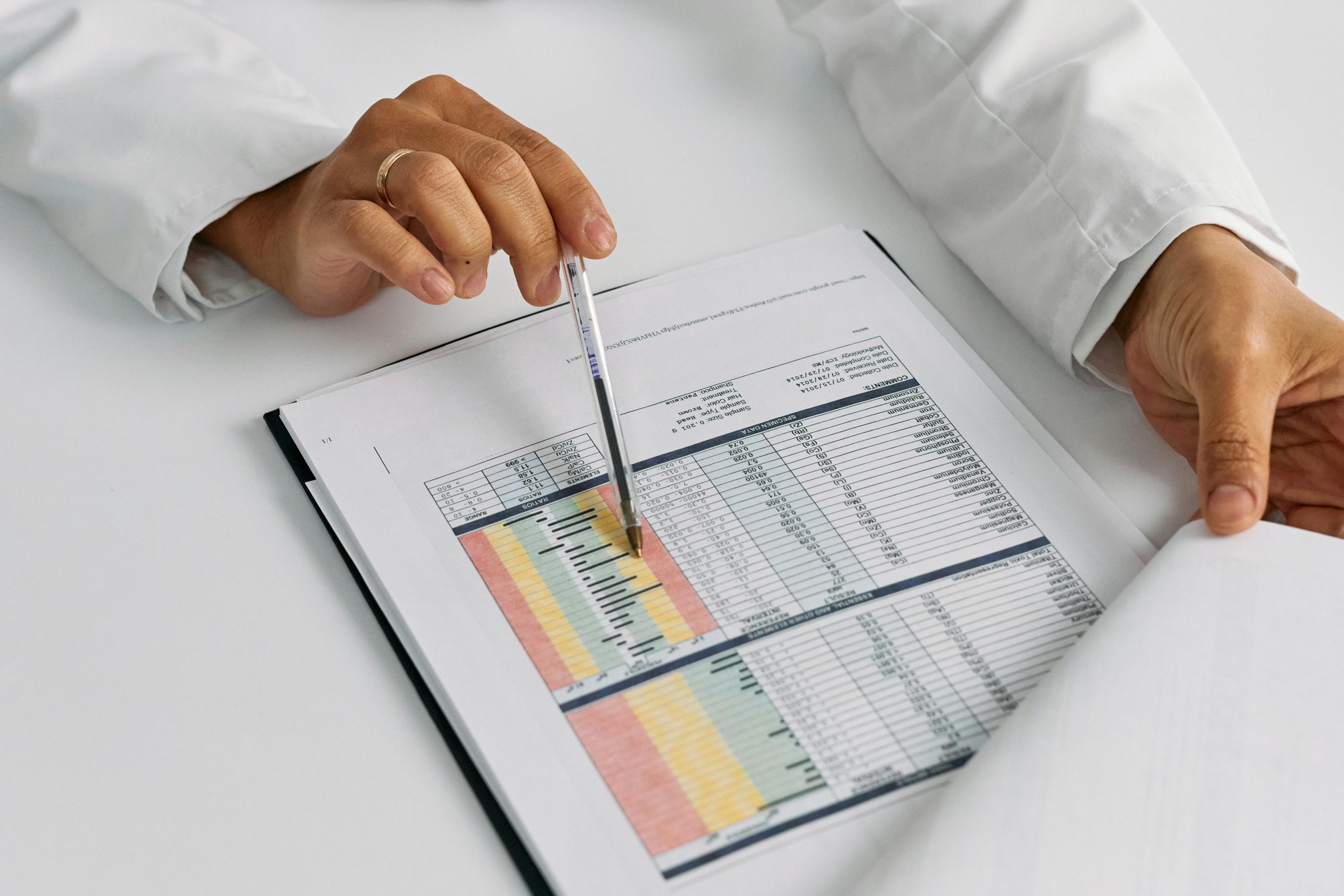Diabetes often requires behaviour change. Change is necessary but can be difficult. There are elements to consider when making behaviour change, such as your confidence in changing that behaviour, the knowledge and skills required for the behaviour, and what is driving your willingness to change. Often, the most difficult part is getting ready to even think about changing.
There are many approaches and models to understand how people make behaviour change. The Stages of Change is one approach. Let’s take a look at the stages.
Stage 1 – Pre-Contemplation
Pre-contemplation is a stage where you aren’t even considering changing behaviours. You might not be aware of the need to change, or your beliefs don’t align with change at that moment. For example: You have been advised to get more active, but don’t believe it is necessary as you are on your feet all day at work.
Stage 2 – Contemplation
In the contemplation stage, you might be considering the benefits of making a change and its impact on your life. You haven’t made any plans but are considering whether the change is possible for you. You haven’t made a commitment yet, but you might be exploring options and collecting information on the behaviour you’re thinking about. For example: Starting to consider the pros and cons of cooking ahead for the week and looking into different recipes that you might include.
Stage 3 – Preparation
In preparation, you are actively preparing to make a change. You are setting up a routine, goals, environment, and acquiring the tools and skills that you would need to do that behaviour soon. For example: You want to increase your walking in the winter season and prepare to buy Nordic walking sticks.
Stage 4 – Action
In the action stage, you are actively doing that behaviour for approximately 6 months or less. Actively doing the behaviour also means you keeping up with your routine and environment to keep that behaviour going. For example: You are in a comfortable routine with cooking meals for the week every Sunday afternoon.
Stage 5 – Maintenance
The maintenance stage is reached when you are sustaining behaviour for more than 6 months. You continue to adapt your skills, goals, routine, and environment to maintain your behaviour. For example: You have maintained your sleep routine and environment and are able to adapt your sleep routine to the seasons, changing work routines, and travel.
Listen to Dr. Sherifali explain the Stages of Change model for behaviour change here.



